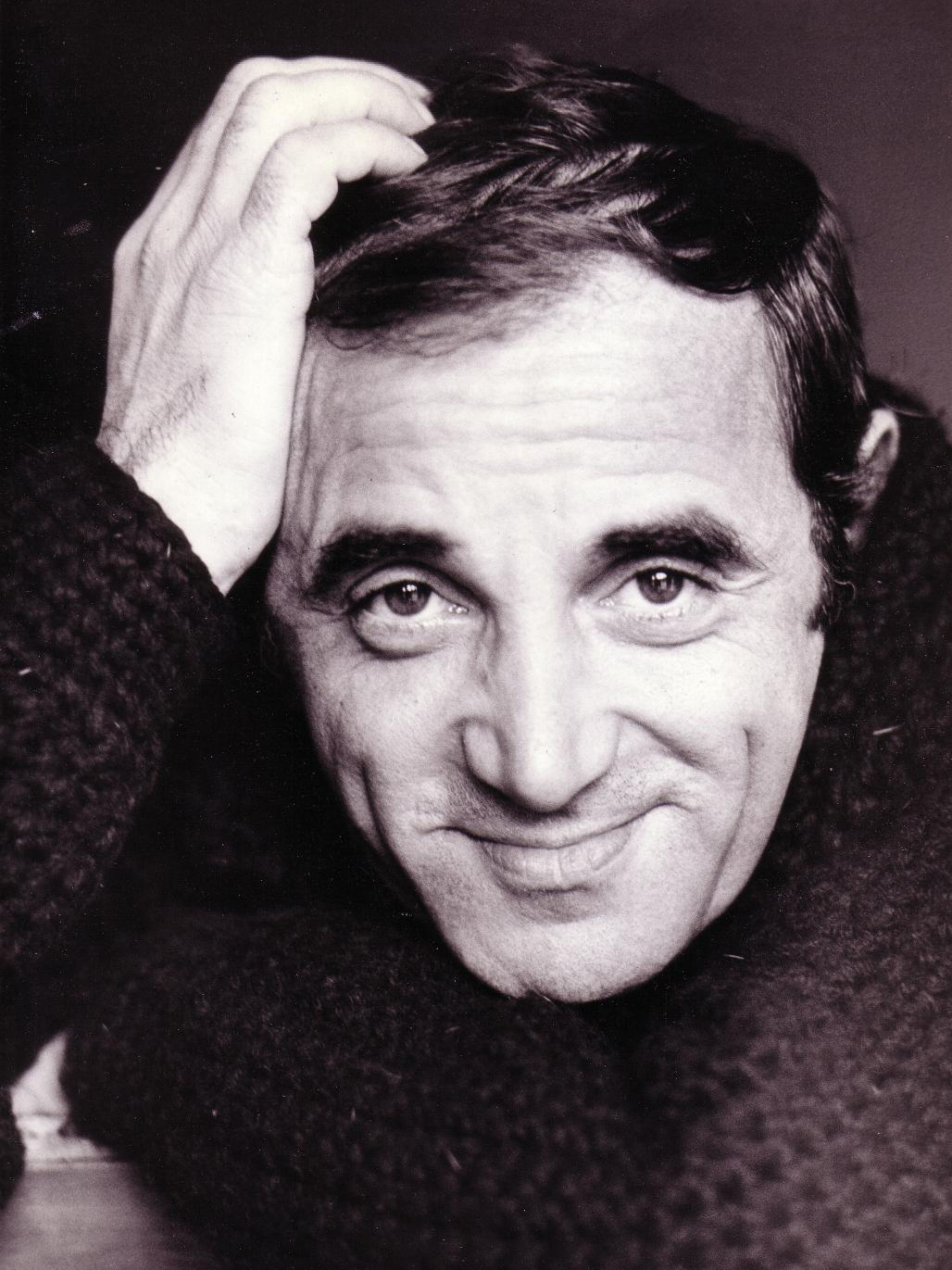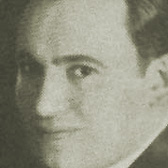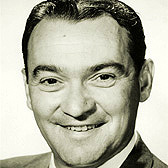Wrote and performed more than 1200 songs in 8 languages
Struggle, hard times and heartbreak are often regarded as key components in artistic success stories. Paying the dues, so to speak, which suggests hardship, helps mold the artist, according to the old adage. And so it was with Charles Aznavour, a wisp of a man, of hoarse voice, and what ultimately proved to be immense songwriting skills.
The writer of a major catalog of songs, many with a flavor of "A sadness and melancholy, was a child of humble beginnings. He was born Varenegh Aznavourian in May 1924 in Paris, while his parents awaited a visa to the United States. His legacy was strictly musical. His father was an opera singer, and his mother an operetta "Soubrette," both of them Armenian, who were in France having fled massacres in Turkey.
While Charles and his sister Aida were raised in what was described as "an atmosphere bathed in music and poetry," grinding poverty in the immediate post-war world in France was a daily fact of life. The brother and sister were forced to abandon schooling to accept paying jobs playing children's roles in neighborhood theaters and singing in cafes. During one of these assignments, Charles first heard a recording by the immortal Maurice Chevalier, which made him think to himself, "I too will be a singer."
During World War II, as nominal head of the family (his father had joined the French army), Charles worked as a news vendor and later, as sales fell off, a black market operator. During the War too, Charles teamed up with Pierre Roche as a performing duo and finally, faced with a severe shortage of songs, he began writing them himself. Later offered a writing contract by Charles Trenet's music publisher, Raoul Breton, his new and unique style was to produce great demand for his work from such artists as Gilbert Becaud, Juliette Greco and Edith Piaf, among others.
While a following developed for his songs, his efforts at a solo performing career were riddled with failure. Critics greeted him with derision, but he was encouraged by Trenet and later by the great Piaf herself, who had told him, "You will make it."
And at age 30, it indeed began to happen. After several fruitful appearances abroad, a performance at the Moulin Rouge in Paris brought the house down. "Aznavour has changed," heralded his one-time detractors. "It isn't Aznavour who has changed," said the music publisher, Raoul Breton, "It's YOU."
Following a 1955 appearance at Bruno Coquatrix's famed Olympia in Paris, he scored his very first major song hit, "Sur ma vie," and at last the name Aznavour and his songs became recognizable entities on the radio.
From there, Aznavour never looked back. The hollow cheeks, slight build and rasping voice, were seen at last, not as a handicap, but as an indispensable trademark, and his songs with their gritty descriptions of everyday emotional drama and trauma, really hit home. And the list is legend..."Yesterday When I Was Young," "It Will Be My Day," "The Wine of Youth," "You've Got To Learn," "And I In My Chair," "You've Let Yourself Go," "Happy Anniversary" and "The Old Fashioned Way" are just a few.
Later, as his popularity began to reach beyond the borders of France, he took the trouble of learning many new languages before going on tour in their respective countries, on the theory that audiences would be far more receptive if they could actually understand the lyrics. In the years since, he has taken his shows successfully to Spain, Portugal, Angola, The West Indies, Morocco, South America and ultimately to Canada and the United States, as well as the United Kingdom. In 1993, he toured with Liza Minnelli throughout Europe and the United States, including a legendary performance at New York's Carnegie Hall.
Along the way, he has also been acclaimed for his acting in more than 60 motion pictures. First and foremost, however, Aznavour, will always be regarded as one of France's great songwriters and musical performers, taking his rightful place with Chevalier and Piaf as one of the most acclaimed French artists in the United States, and yes, the entire world as well.
Charles AznavourIn music, one works without a net, and the success...comes from hard work.




